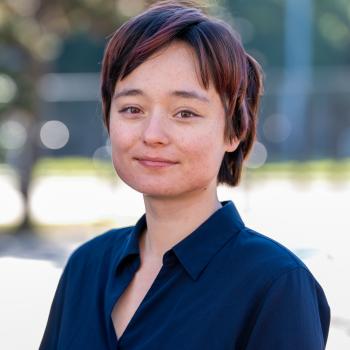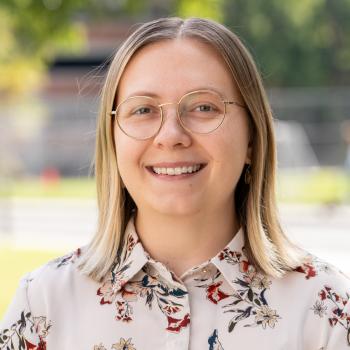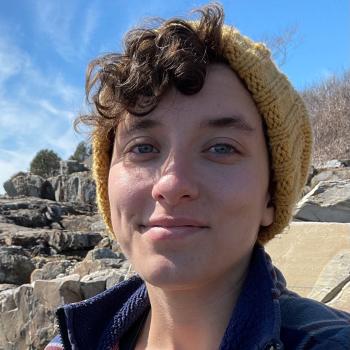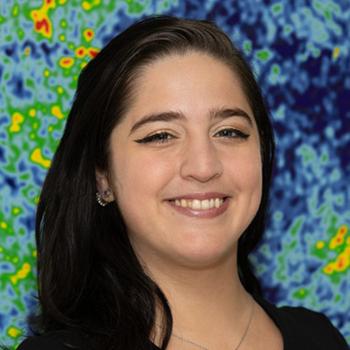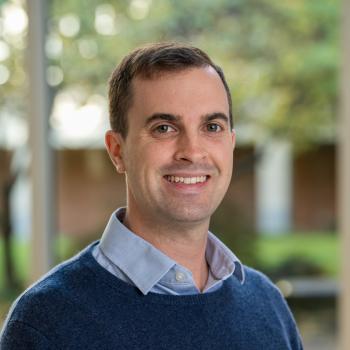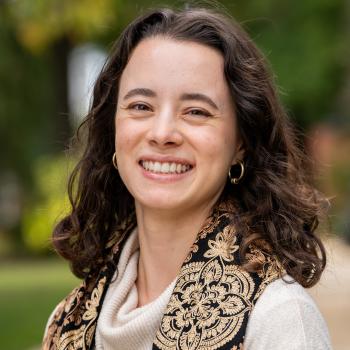Graduate

Explore the Universe from College Park
Why Maryland?
Located just a few miles from Washington D.C., NASA Goddard, and a host of research institutes, the University of Maryland provides its students with unique research opportunities in a rich scientific nexus. Our students regularly receive prestigious fellowships and lead observations with the world’s premier telescopes.
Meet our Graduate Students

"Being one of the first people to lay eyes on these images reminded me of the sense of wonder and discovery that drew me toward this field in the first place."
Serena Cronin (M.S. ’23), Astronomy Ph.D. Student
said of James Webb Space Telescope images of starburst galaxy Messier 82's (M82) glowing core and galactic wind
Read about Serena's research published in The Astrophysical Journal
Recent Graduate Student Publications

Serena Cronin
First-author paper in The Astronomical Journal
"Physical Conditions of the Ionized Superwind in NGC 253 with VLT/MUSE"

Siddhant Solanki
First-author paper in The Astronomical Journal
"Modeling of Lightcurves from Reconnection-powered Very High-energy Flares from M87*"

Brian Davenport
First-author paper in The Astronomical Journal
"An Analysis of Spitzer Phase Curves for WASP-121b and WASP-77Ab"

Calvin Osinga
First-author paper on arXiv
"Lost in the FoG: Pitfalls of Models for Large-Scale Hydrogen Distributions"











